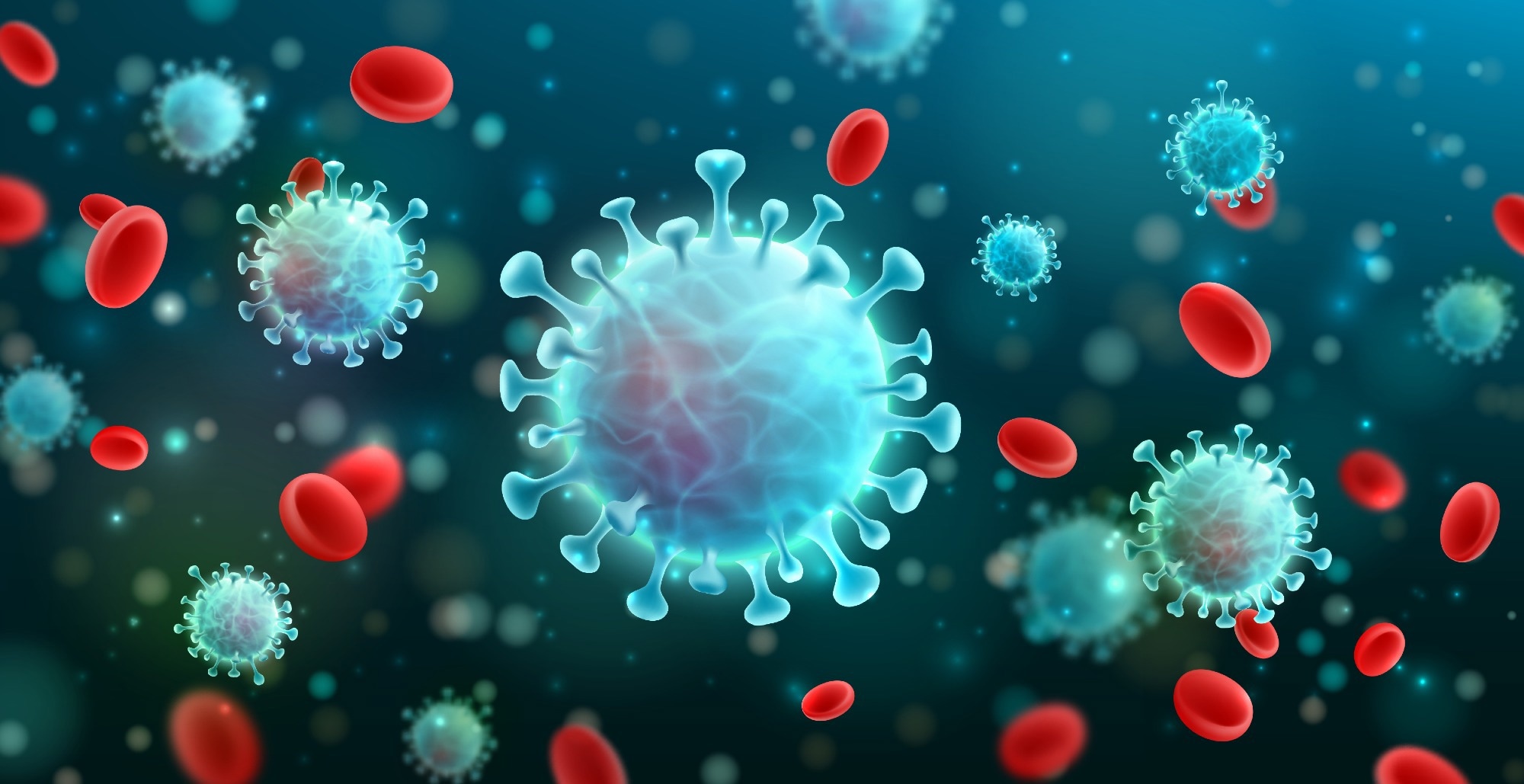In a recent study posted to the medRxiv* preprint server, researchers assessed the immunoglobulin (Ig)-G responses to severe acute respiratory syndrome coronavirus 2 (SARS-CoV-2) after natural infection or vaccination.
 Study: Binding and neutralizing IgG responses to SARS-CoV-2 after natural infection or vaccination. Image Credit: Fotomay/Shutterstock
Study: Binding and neutralizing IgG responses to SARS-CoV-2 after natural infection or vaccination. Image Credit: Fotomay/Shutterstock

 *Important notice: medRxiv publishes preliminary scientific reports that are not peer-reviewed and, therefore, should not be regarded as conclusive, guide clinical practice/health-related behavior, or treated as established information.
*Important notice: medRxiv publishes preliminary scientific reports that are not peer-reviewed and, therefore, should not be regarded as conclusive, guide clinical practice/health-related behavior, or treated as established information.
The widespread use of vaccination has been encouraged throughout the coronavirus disease 2019 (COVID-19) pandemic because it has the potential to significantly reduce the health and financial consequences associated with the spread of SARS-CoV-2 and is ultimately essential to ending the pandemic. Researchers discovered IgG seroconversion and varying degrees of persistent immunity brought on by natural infection and/or immunization during the intervening months. Numerous studies assessed the efficacy of acquired immunity by vaccination and/or infection over time, but they lacked a serological component.
About the study
In the present study, researchers directly compared the levels of neutralizing antibodies (NAb) and IgG durability in adults who had and had not received COVID-19 vaccines.
This cross-sectional and prospective study involved those who had previously contracted SARS-CoV-2 (Arm 1) or received a vaccination against the virus (Arm 2). The study used self-collected dried blood spot (DBS) samples and electronic questionnaires to obtain data from participants in the US. Participants provided information about their medical histories, including concomitant diseases and medication usage, as well as information regarding their diagnosis and vaccination history for COVID-19, symptoms, and treatments.
A COVID-19 Antibody Home Collection Kit was given to participants to collect samples for qualitative IgG detection. To finish the primary analysis of the comparison of IgG durability between research arms, baseline data were collected. A secondary survival analysis of vaccine-acquired IgG was performed by repeating questionnaires and serology testing on Arm 2 participants for a follow-up period lasting up to 9 months.
The study's enrollment period ran from March to November 2021. Unvaccinated status and prior SARS-CoV-2 infection were inclusion criteria for Arm 1. Receiving a SARS-CoV-2 vaccination in at least one dosage was necessary for eligibility under Arm 2. Each participant had to be at least 18 years old and live in the US.
The main outcome was the anticipated change in SARS-CoV-2 spike (S)-1-binding IgG seropositivity over time between Arm 1 (naturally infected, unvaccinated patients) and Arm 2 (vaccinated individuals). The secondary objectives included: (1) the difference between anticipated NAb titers corresponding to Arms 1 and 2 over time; and (2) S1-binding IgG and NAb survival rates of Arm 2 at four and 12 months following the last exposure to a COVID-19 vaccine.
Results
A total of 1,087 participants signed up for the study and completed all necessary baseline tests to be included in the analysis. At baseline, 351 participants were randomized to Arm 1 and 737 were assigned to Arm 2. Among the cross-sectional analysis's participants, more than 75% were female, with a median age of 42 years. Moreover, two-thirds of the volunteers who received the vaccine stated that they had never previously contracted SARS-CoV-2.
With only 3.7% receiving partial vaccination at baseline, nearly all Arm 2 patients started the research fully vaccinated, defined as having received all doses in the primary series of the vaccine. The interval between the date of the baseline serology test and the most recent confirmed exposure for the subject ranged between one and 15 months.
Seropositivity across the population remained high over different time intervals. Independent of the length of time since vaccination, the seropositivity effect size linked to vaccination was 15.6% higher than the reference arm (Arm 1). For the antibody survival analysis, 1,605 samples obtained from 737 vaccinated people were available. The antibody survival since the latest vaccine dose ranged between 99.4% at four months and 95.5% at 12 months, and the first dose ranged between 99.7% at four months and 98.4% at 12 months. In either investigation, no additional reduction of IgG detectability was found after 12 months.
Conclusion
Overall, the study findings showed that COVID-19 vaccination offered important advantages over natural infection in terms of sustained and potent neutralizing protection against SARS-CoV-2 variants. Future research on SARS-CoV-2 immune responses should consider the possible influence of other immune system mechanisms and hybrid immunity, booster status, vaccine formulation, and protection against SARS-CoV-2 Omicron subvariants and future lineages.

 *Important notice: medRxiv publishes preliminary scientific reports that are not peer-reviewed and, therefore, should not be regarded as conclusive, guide clinical practice/health-related behavior, or treated as established information.
*Important notice: medRxiv publishes preliminary scientific reports that are not peer-reviewed and, therefore, should not be regarded as conclusive, guide clinical practice/health-related behavior, or treated as established information.